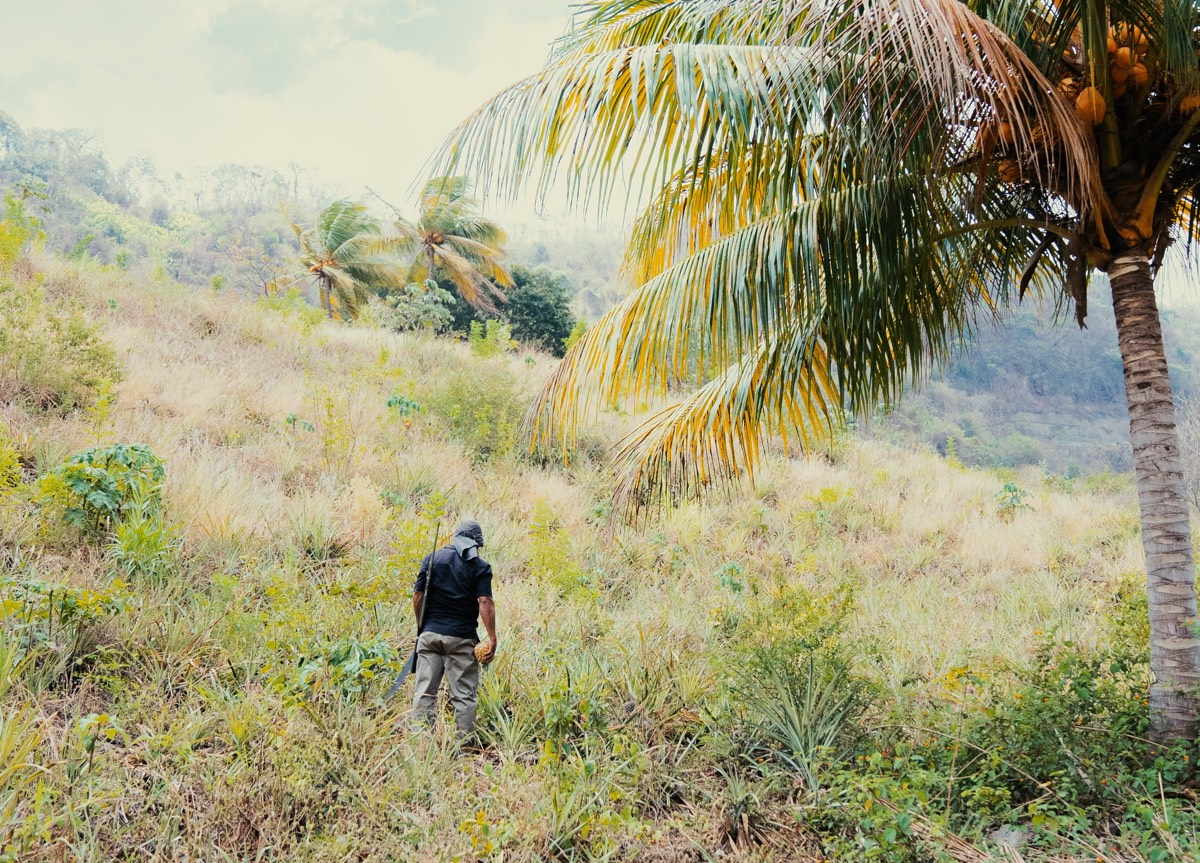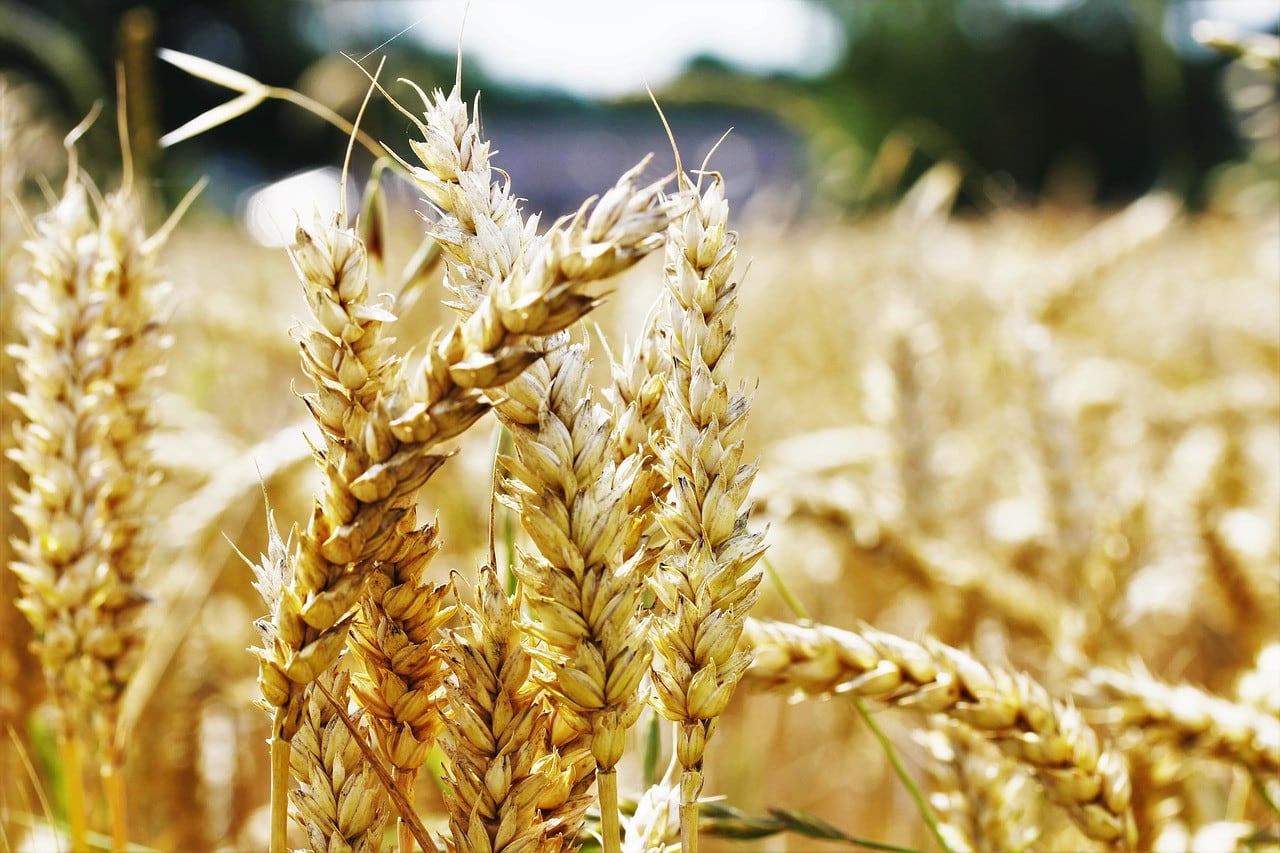Bayer and Silal partnered to bolster UAE’s sustainable agriculture

A new partnership between Bayer and agri-tech firm Silal, part of the ADQ group based in Abu Dhabi, aims to enhance sustainable agriculture practices through extensive vegetable seed trials and comprehensive capacity-building programs for local farmers. The collaboration is set to conduct rigorous testing of over 30 vegetable seed varieties, including tomatoes, cucumbers, and melons, to evaluate their performance in the challenging desert conditions prevalent in the UAE.
Hugo Hagen, a senior representative from Bayer Middle East, emphasized the strategic importance of the UAE as a testing ground for crop resilience and agricultural practices applicable to regions globally that are grappling with climate change. He highlighted the severity of the desert conditions as a real test for the resilience and survival of these seed varieties.
The trials, taking place in both open-field and mid-tech greenhouse settings, are designed to assess the seeds’ endurance, quality, and shelf-life under harsh desert farming conditions. A scoring system, focusing on the top five traits per crop, will help in identifying the characteristics that best withstand the arid conditions. These traits include yield, fruit size, resistance to viruses, diseases, and pests, tolerance to stress, early maturity, and taste or sugar content.
Hagen underscored the importance of the data gathered from these trials, noting its relevance for improving agricultural practices in the UAE and informing agricultural strategies in countries facing similar challenges due to climate change. The trials’ findings are particularly crucial in addressing the combined threats of rising temperatures and elevated humidity levels, known as wet-bulb temperatures.
Addressing the arduous task of agriculture in desert conditions, Hagen pointed to the necessity of novel solutions and advanced technologies to reclaim and make the most of agricultural lands. Techniques such as no-till farming, crop protection, breeding technology, precision seed application, and efficient irrigation systems are pivotal for soil management and resource conservation in these harsh environments.
Bayer’s innovative contributions to crop science, such as the development of water-efficient tomato varieties and the implementation of cover crops to enhance soil carbon storage, demonstrate the potential of research and development in transforming agricultural practices in desert areas. Additionally, the use of technology like drones and satellites for real-time field health monitoring is seen as a game-changer for increasing agricultural output in such challenging conditions.
Through Bayer’s BayG.A.P. capacity-building program and a phased approach to training, the initiative aims to equip local agricultural professionals and farmers with the knowledge and tools necessary for sustainable and resilient farming practices.



